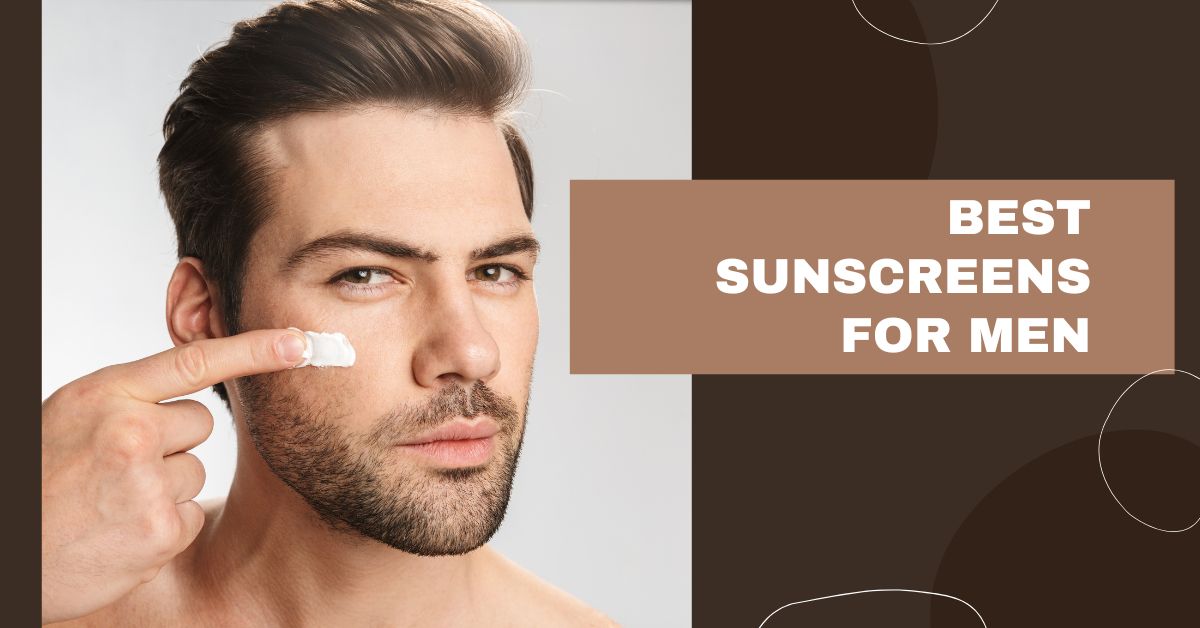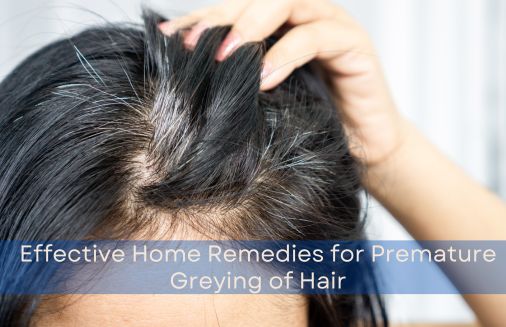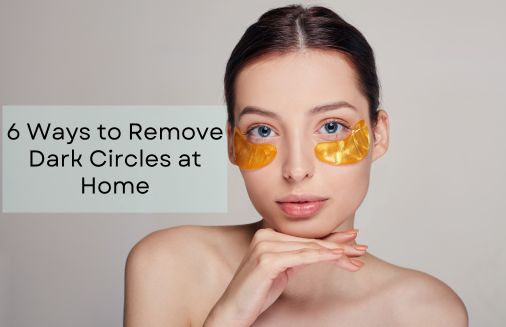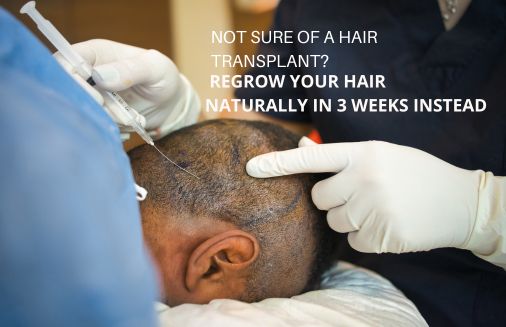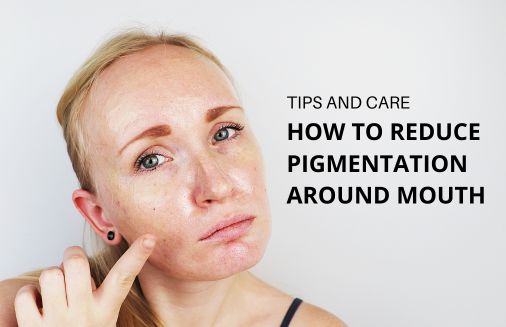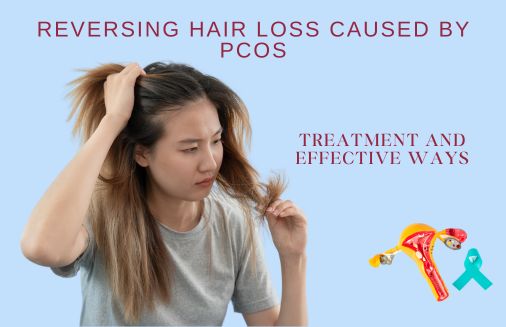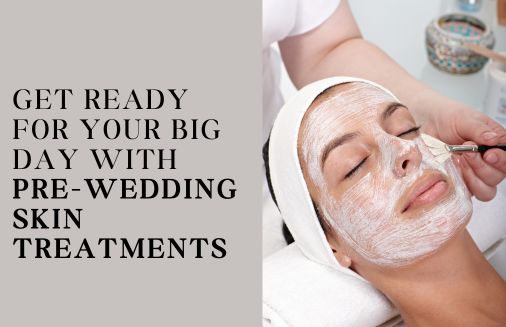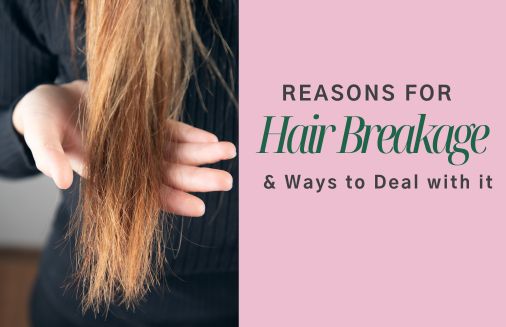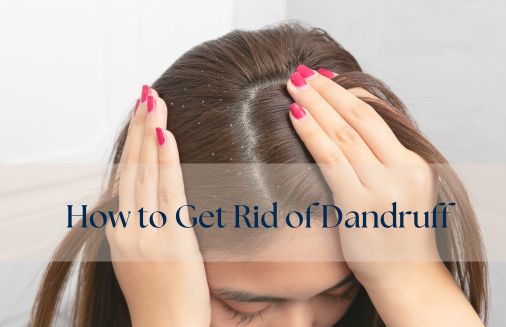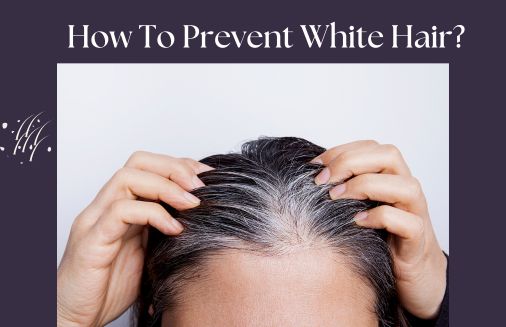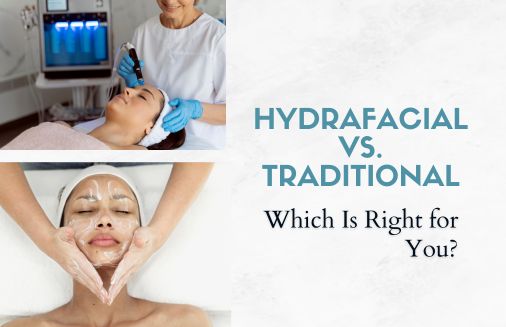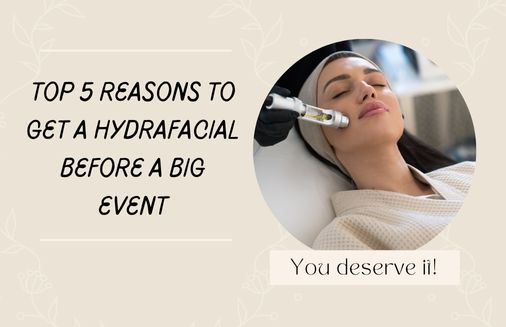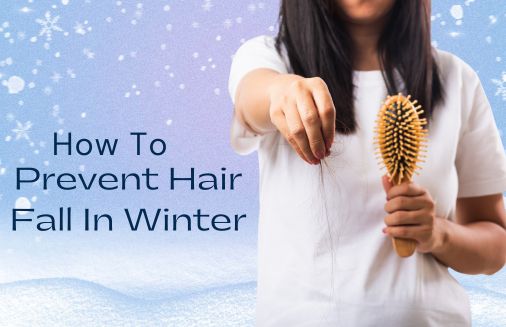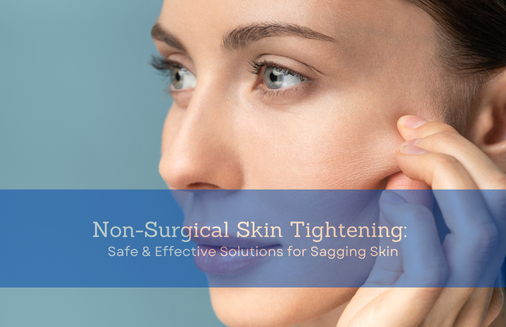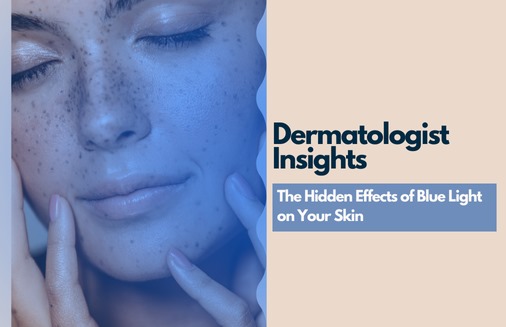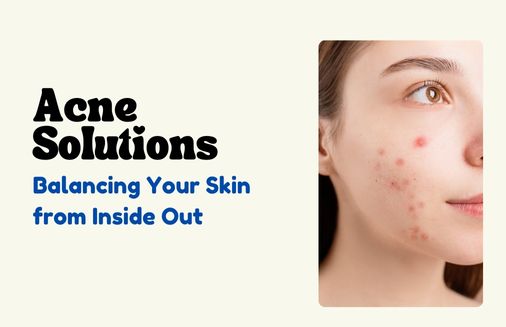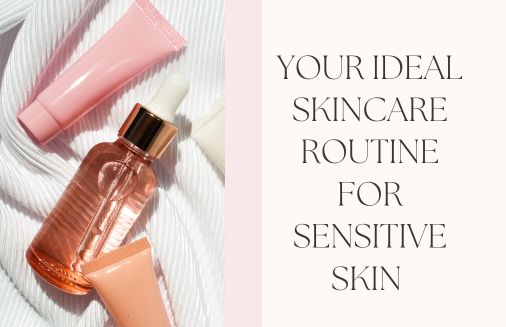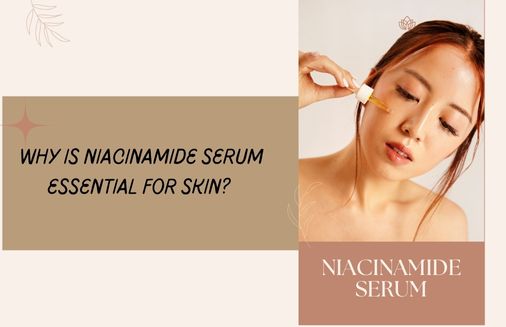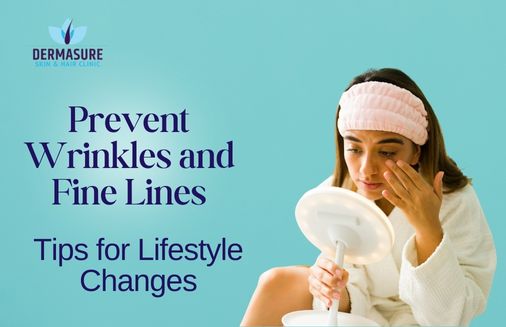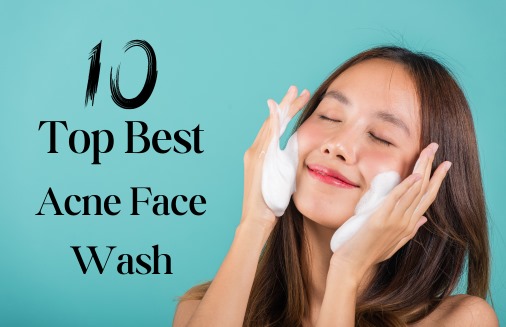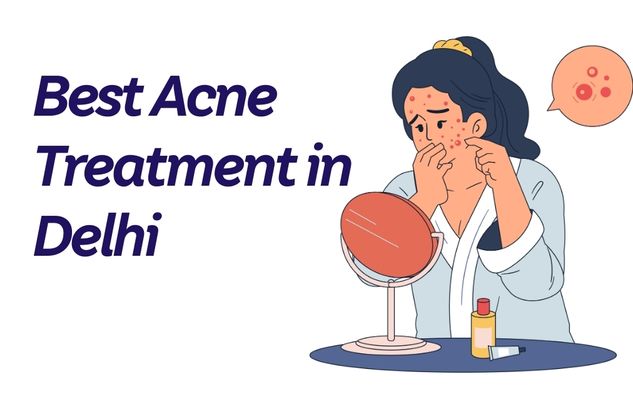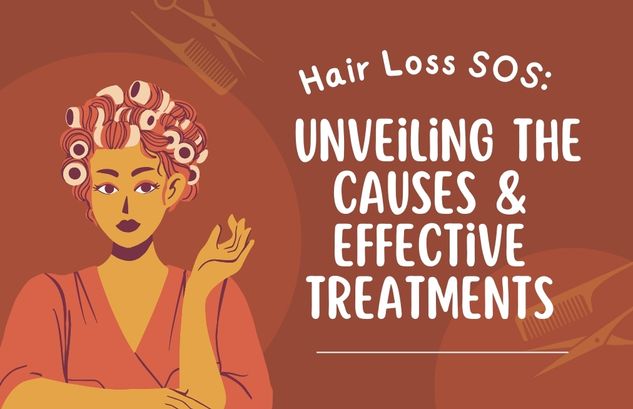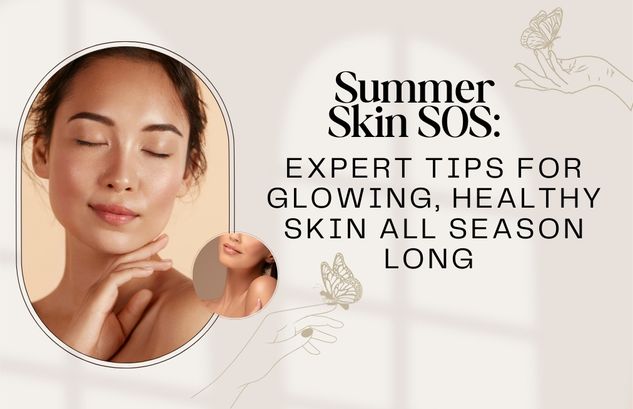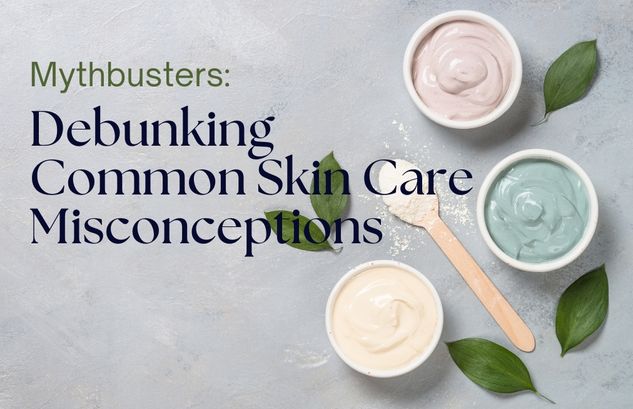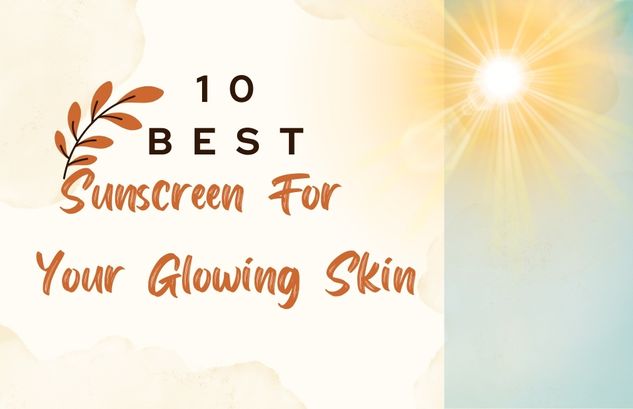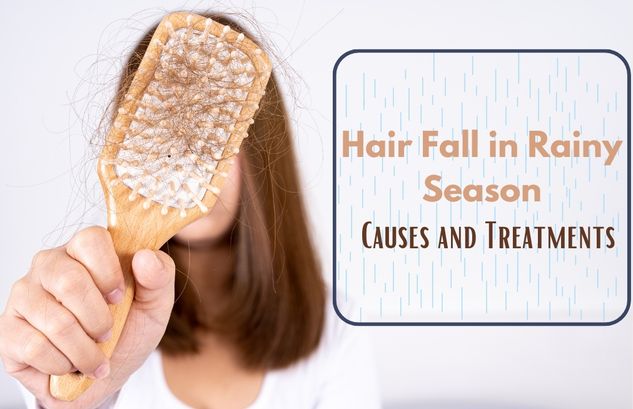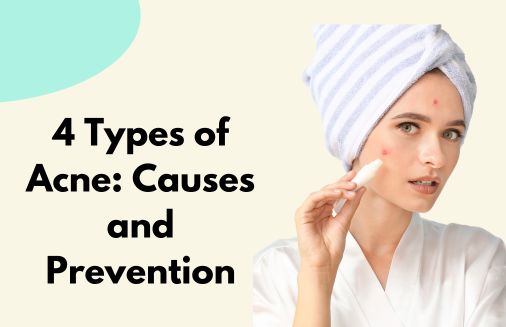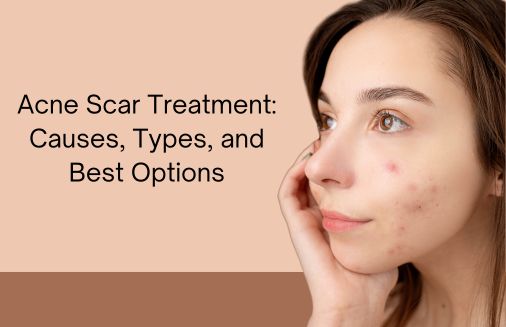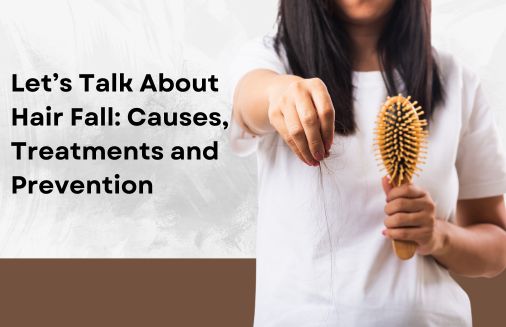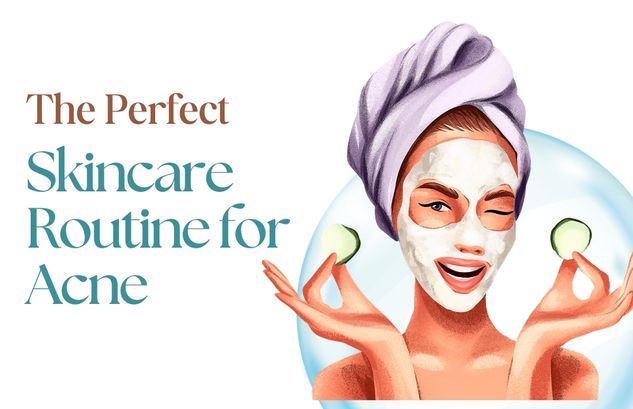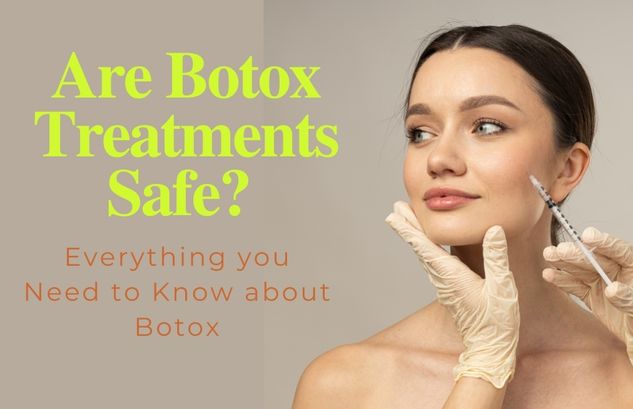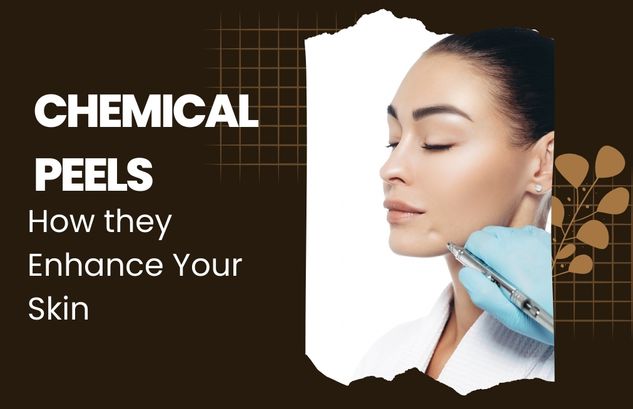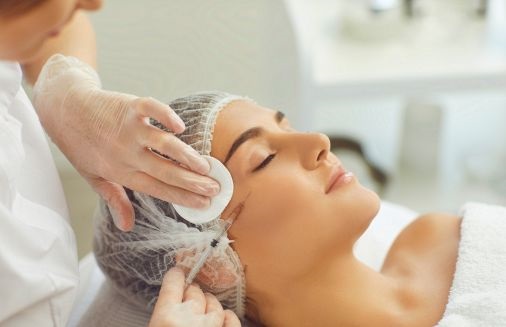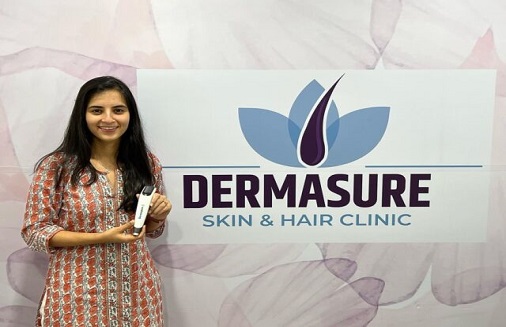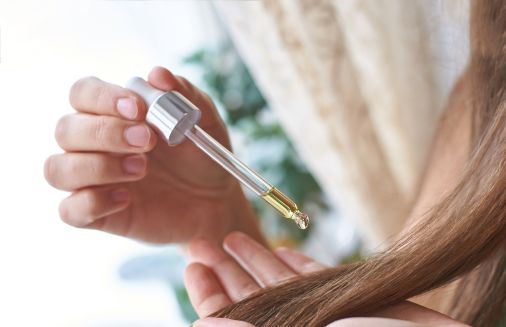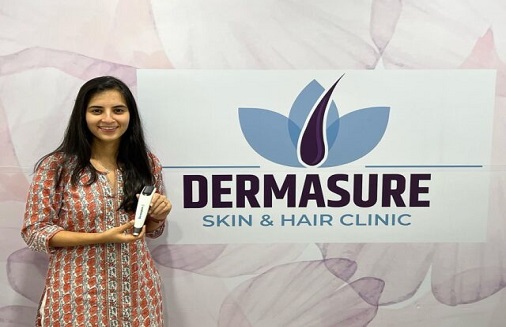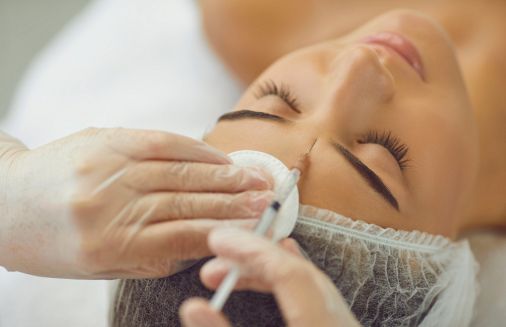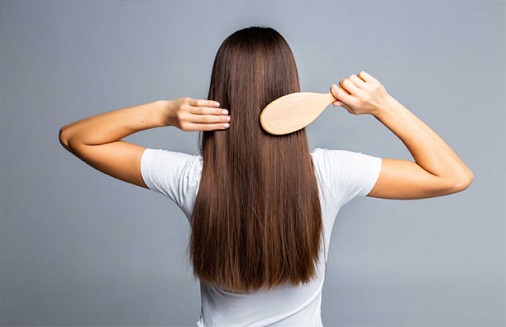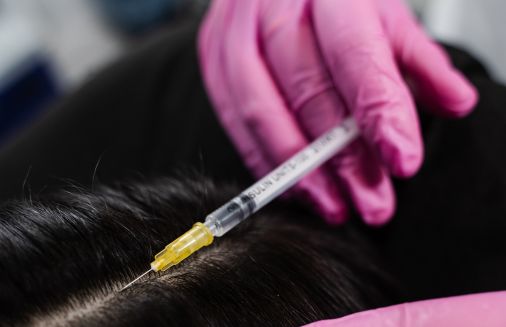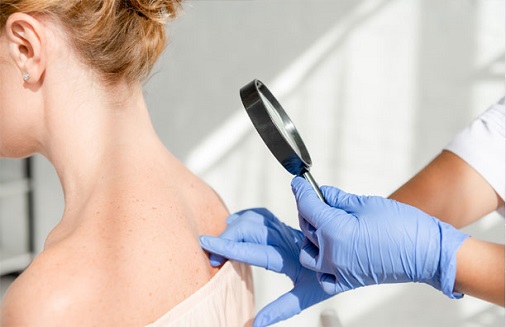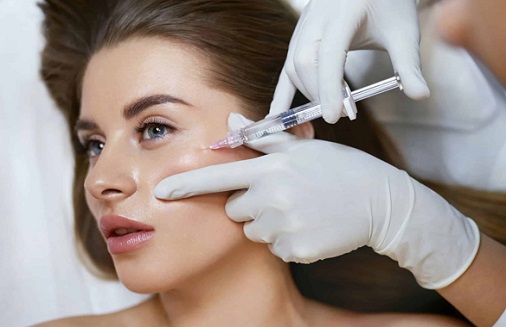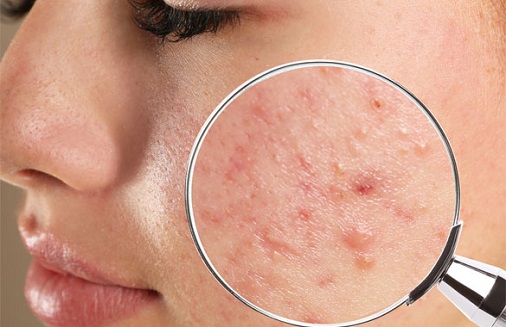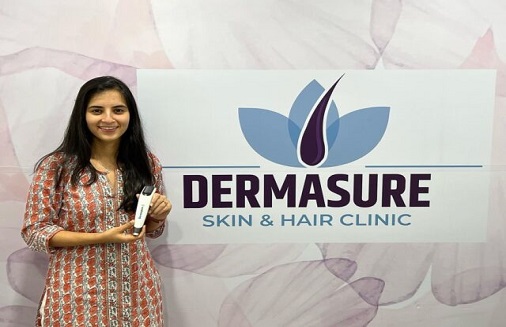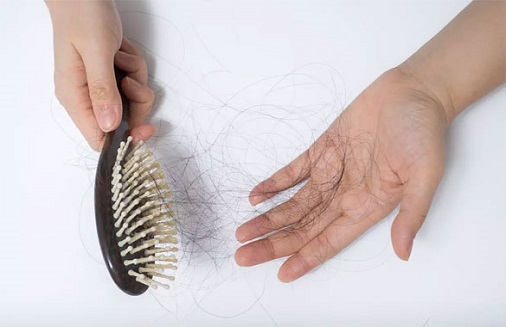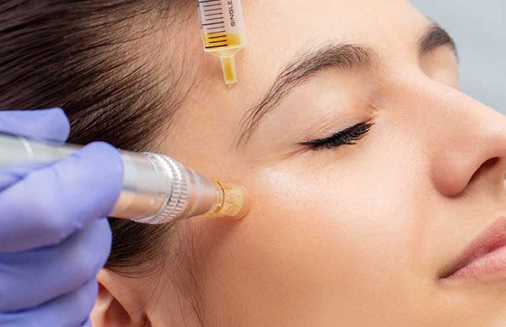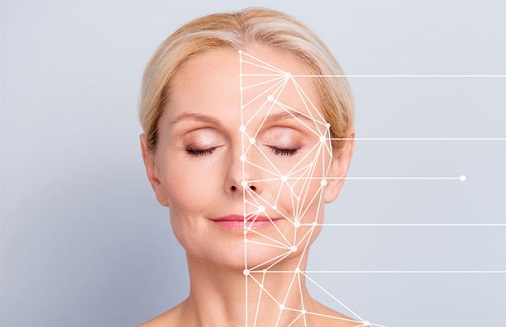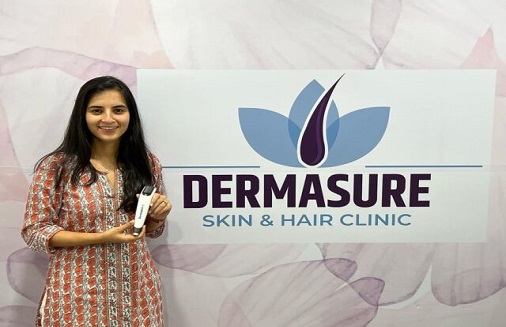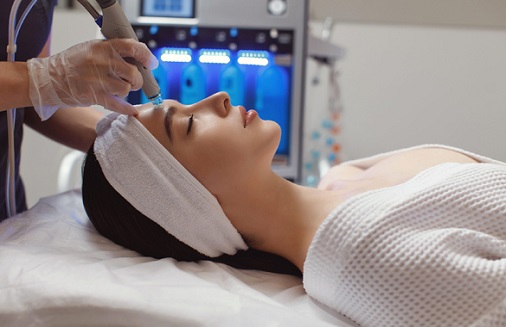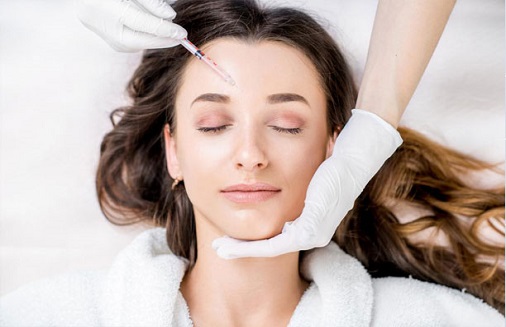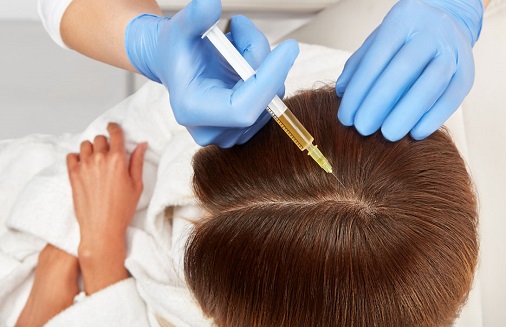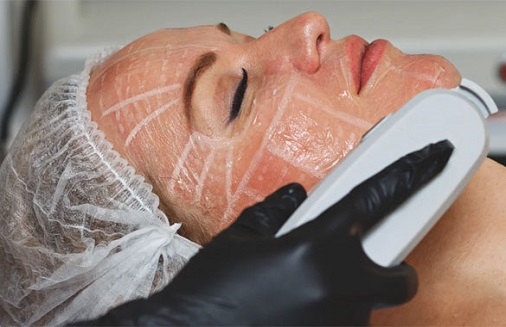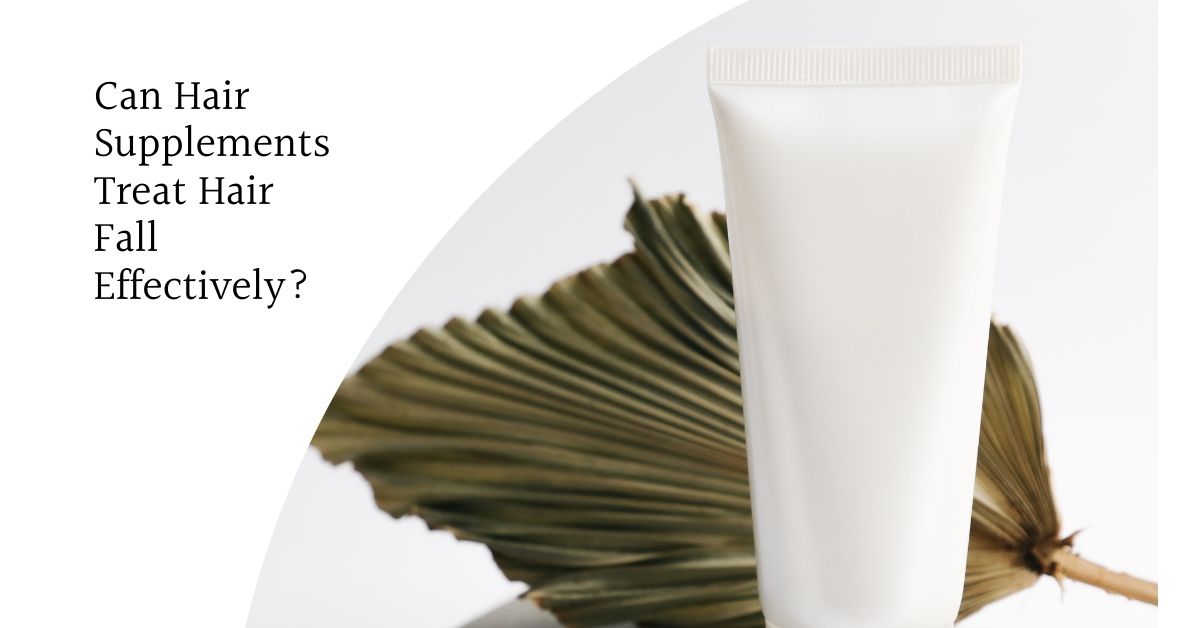
“Do supplements work for hair loss?”
As promising as these hair supplements sound, you might be wondering if they can help you grow hair, while the actual question you should be asking is:
“Will they cause any side-effects and are they worth my money?”
Nearly 85% of Indian men and over 50% of women experience hair loss and thinning on a daily basis. Despite how widespread the issue is, the reasons behind hair fall vary from person to person. It could be said that hair fall treatment is not the same for every case, and yet, we see people resorting to a common solution — here come the hair growth vitamins for rescue. From social media to a local supermarket, you can see them everywhere.
If you are thinking about investing in hair supplements, give this article a read.
The Real Deal About Hair Supplements
Supplements are usually recommended to make up for nutritional deficiencies which are otherwise not attended to in a person’s diet. When a doctor detects alarmingly less quantity of a substance in the body, such as zinc or magnesium, then it is possible that they may recommend supplements in addition to some lifestyle changes.
Supplements have been around for ages to address joint and bone health, immunity, heart health, etc. However in recent years these have become more common. Who would say no to delectable pills or gummies offering fast hair growth or clear skin?
The problem with heavily marketed hair growth supplements is that most people are consuming these without getting to the root cause of the hair fall — which could either exacerbate the symptoms or cause other health issues in the long run.
Here are some things to lookout for in supplements that will give you an idea of their effectiveness:
1. Lack of Scientific Backing
Most supplements boast ample amounts of biotin, keratin, zinc, and iron to reverse hair loss. While these are necessary nutrients in the body that contribute to hair growth, some of them are already present in appropriate amounts, which defies the purpose of taking add-ons. Biotin and keratin are two important nutrients that promote hair growth for patients with inherited deficiency. Many doctors claim that there is no scientific evidence that supplements containing biotin and keratin can promote guaranteed hair growth. Furthermore, biotin supplements may interfere with the accuracy of several blood tests, which is why certain doctors advise to stop taking supplements before and after blood test examinations.
2. Proprietary Mix
Many supplements mention “proprietary blend” on their labels. This is a misleading term, as it doesn’t reveal the exact quantity of each ingredient. For example, if you purchase a hair growth vitamin claiming to have Vitamin B and Zinc, it may be difficult to gauge the efficacy of each substance. It is important to note that some proprietary blends combine beneficial nutrients. This is true for most supplements available in the market, that may miss out on key ingredients or add unnecessary fillers, while you may be in complete darkness. Thus, it is advised to purchase a supplement that clearly states dosages for nutrients it claims to provide.
3. Third Party Testing
Some hair growth supplements may have “clinically tested” or “dermatologist recommended” labels, but these may not mean that they are medically tried or FDA-approved products. For FDA approval, clinical testing and scientific evidence are conducted by a panel of experts to ensure the efficacy of a medicine. Since FDA does not regulate over-the-counter (OTC) supplements, the claims made by these supplements are not entirely true as they may imply opinions of doctors rather than rigorous testing — which is necessary for FDA approval, making them a substandard pharmaceutical product.
When is the Right Time to Take Hair Supplements
Some vitamin deficiencies may lead to hair loss, and these are some vitamin supplements that a doctor may suggest for hair growth:
- Selenium
- vitamin A
- vitamin B
- vitamin C
- vitamin E
- vitamin D
- Zinc
- Iron
If you are considering taking these supplements, it is advised to consult a hair treatment doctor. They would know what products to suggest that contain all or most of the recommended daily amounts in a single dose.
Takeaway
Even if you don’t have any nutritional deficiencies and you wish to grow your hair by taking supplements that advertise having no side-effects, there are many factors that may end up giving you the desired results. However, your body and hard-earned money deserve better than depending on medications working solely on placebo effect.
To grow your hair with tried and tested methods, a dermatologist is your best bet. Owing to their vast knowledge of human anatomy, they know everything about hair growth, hair problems, causes worsening them, and ways to bring these problems into control. Consulting a dermatologist can not only help you detect hair concerns early on but also aid you in managing symptoms with least discomfort.
Dermasure is a leading clinic for best hair fall treatment in Delhi that can help you with hair loss problems. Get a free consultation and let us walk you through your hair growth journey with ease!


